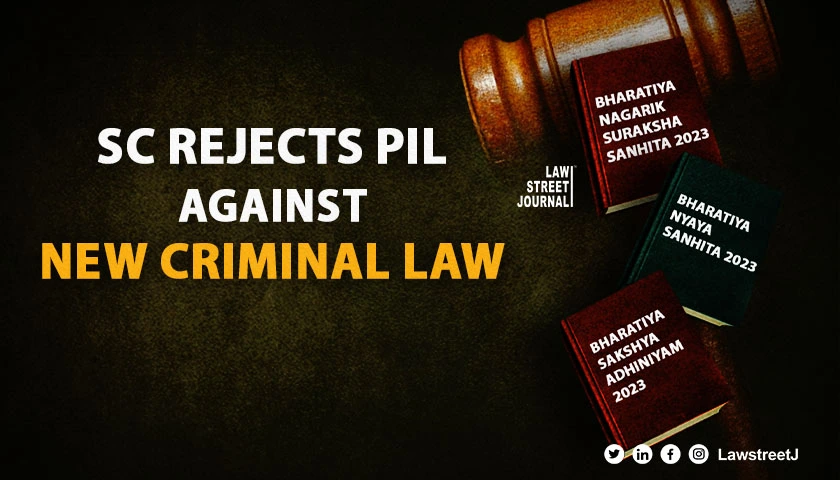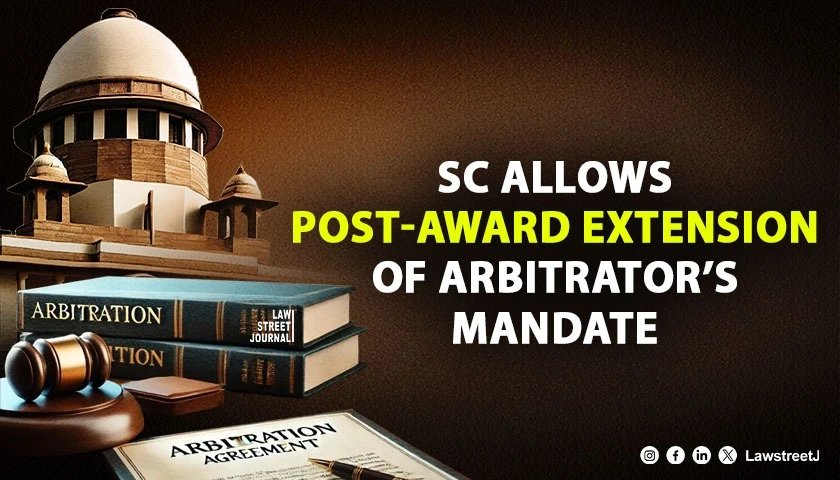NEW DELHI: The Supreme Court on Monday dismissed a PIL challenging three criminal laws passed to replace British era Indian Penal Code, Criminal Procedure Code, Indian Evidence Act.
A bench led by Chief Justice of India D Y Chandrachud declined to consider the plea by T Sivagnanasambandan, a resident of Tamil Nadu, claiming that there were several defects and deficiencies in the laws enacted in December, 2023.
"What is your locus? These laws are not even in force," the bench asked the petitioner in person while dismissing the plea.
The Union government has notified July 1, 2024 as the date for coming into effect of the new criminal codes Bharatiya Nyaya Sanhita, Bharatiya Nagarik Suraksha Sanhita and Bharatiya Sakshya Act.
The Ministry of Home Affairs has issued three notifications specifying the date for implementation of each of the three criminal laws.
The three laws are set to revamp the criminal justice system by redefining the offences and punishments and to replace the Colonial era Indian Penal Code, Criminal Procedure Code and Indian Evidence Act.
The three laws were passed by Parliament on December 21, 2023 and President Droupadi Murmu gave her assent on December 25, 2023.
The new legal regime is thus set to alter the course of criminal justice administration in the country.
However, experts feel the real challenge starts here as to ensure effective and efficient countrywide implementation of the laws by launching massive training programmes for police, lawyers and judges.
Also Read - New Bail Laws in the offing ? Supreme Court asks Centre

















